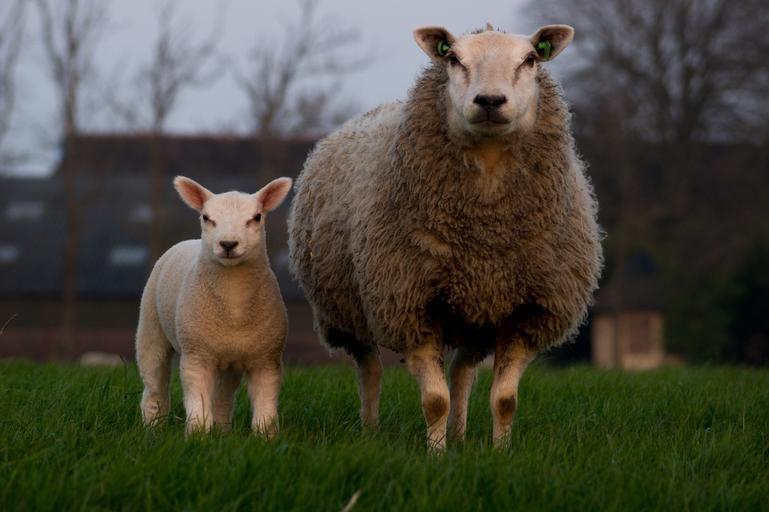There’s an old Internet saying: “Don’t feed the trolls.” It’s still excellent advice. When people communicate with you only to get you upset, the best answer is usually no answer.
Some authors have been subjected to online harassment by cultural segregationists. Their crime is to write something which is not permitted to their race or ethnic group. A bunch of racists piled on Amélie Wen Zhao for the offense of depicting a fantasy world in which slavery isn’t limited to people with dark skins. (There’s a real-world counterpart: China, which is where Zhao comes from.) Some of these bigots said that people with yellow skins shouldn’t write about slavery at all. They temporarily intimidated her into withdrawing her book from publication.

It’s not an easy situation to be in. I have some experience, having been the target of a Net gang, one member of which kept going for over twenty years. I got death threats, midnight phone calls, and email floods. My email address was forged to Usenet spam, and recordings of my voice were spliced together to make people think I was making harassing phone calls to them. I wasted money on an incompetent lawyer. One thing that I learned from this experience is that engaging with such people is useless, even when they pretend to be friendly.
The same applies to Internet harassment today. It’s very tough when people are bombarding you with lies, insults, and threats, but the best thing to do is not respond. If the threats sound serious, you can tell the police, but they probably won’t be able to do anything. Get an unlisted phone number. Beef up your email filters. Set your Twitter preferences to limit notifications.
We do not permit you to write on this
This seems to have worked for Laurie Forest, whose novel The Black Witch was the target of many fake negative reviews (that is, by people who hadn’t read the book) on Goodreads. Her offense seems to be showing a character who is racist yet capable of correcting wrong premises. To the woke mob, there are only the saints, themselves, and the damned, everyone else. There can be no in between.
Forest seems to have done OK, largely by ignoring the mob. Kat Rosenfield, who co-authored a novel with Stan Lee, said in a Reason interview:
Laurie Forest, the author of The Black Witch, took what I think is ultimately the best possible tack when it comes to having a bunch of people campaigning to cancel your book, which is that she just didn’t engage. And she had never been a part of this call-out culture to begin with, so it was easy for her to just ignore what was happening, ignore the noise, and focus on the people, who obviously were numerous, who did love and appreciate her work, understanding that it was something she had to bear for a few months and then it would be over and they would move on to something or someone else.
Zhao seems to have found the same to be true. She reversed her decision not to publish Blood Heir, which is now available, and her website doesn’t include any mention on the nastiness people subjected her to. Unfortunately, she may have made some changes to appease the bigots.
We’re talking here about classic bullies. They aren’t interested in justice, social or otherwise. They want to feel big, tough, and righteous. People like these interpret attempts to reason with them as weakness. They enjoy angry responses. The one thing they can’t endure is being treated as noisemakers undeserving of attention. They may not go away immediately, but refusing to grant them any significance helps to maintain your own peace of mind and to make them give up.
My novel in progress, The Magic Battery, could have similar issues. It’s set in sixteenth-century Saxony and deals in part with attitudes toward Jews. Some of my characters come to accept Jews more than the typical German of the time would have. One of them calls Martin Luther’s On the Jews and Their Lies the work of a madman in her mind. But it would be unrealistic for any of the Christian characters to accept Jews as full equals. I’m showing how people’s ideas develop and how they deal with cultural assumptions.
Maybe people will denounce the book. It would help its sales.
Take it in stride
Christine Seifert makes a good point in her article “Writers: It’s Okay for People to Hate Your Work.” “To be a successful writer, you have to learn how to care about your own voice — regardless of who likes it or who doesn’t.” Some people will make bizarre assumptions about you and your aims. People who have never done serious writing won’t care about the thought and effort that went in. They may assume your characters are “Mary Sues,” idealized reflections of what you want to be. It isn’t worth letting them kick you around emotionally.
Polite, intelligent criticism is a different matter. You might learn from it, and it’s your choice whether to respond. Someone who says “You may not write on this topic,” though, deserves no attention. Someone who says “You may not write on this topic because of your skin color, ethnicity, or sex” is dirt, and giving in to such people is disgraceful.
For more of my thoughts on cultural segregationism, see my article on Medium, “A Celebration of Cultural Appropriation.”